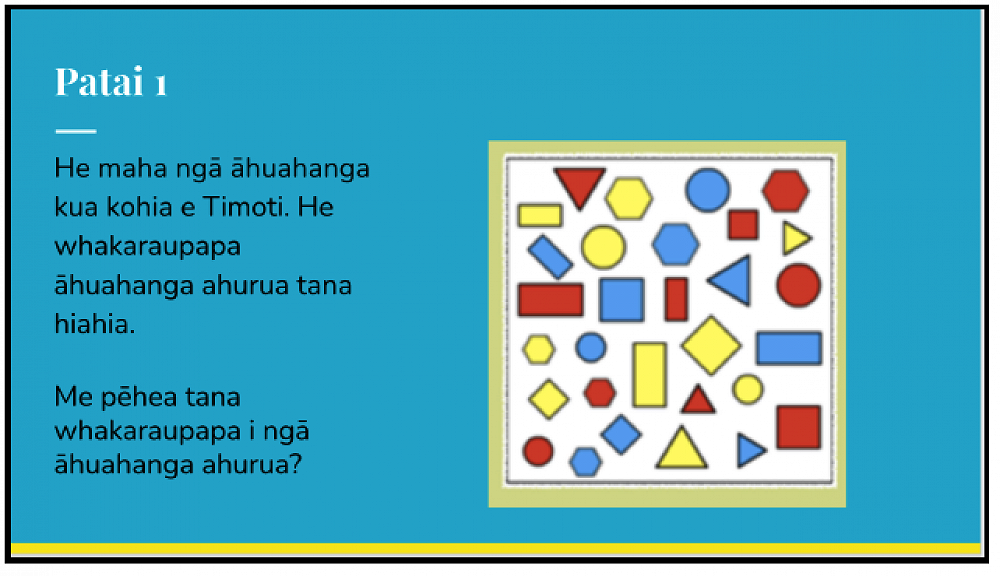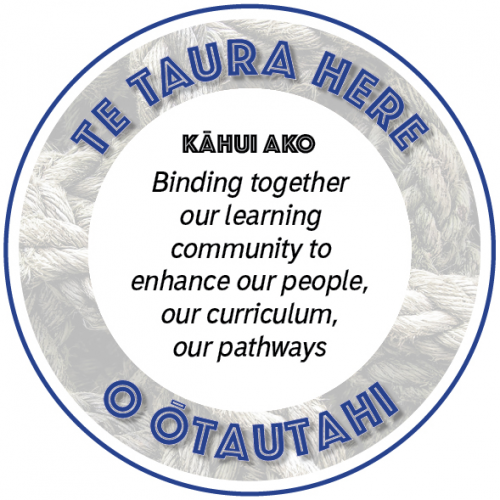
Developing mathematical inquiry communities
“If you give students more opportunities or ways to be successful then…. ...more students will be successful.”
At Te Pā o Rakaihautū we teach our mathematics programme using ‘Developing mathematical Inquiry Communities’ as a form of delivery.
The outcomes:
● Dramatic lifts in mathematics achievement for all students, with particular gains for Pāsifika. Māori, and previously under-achieving learners
● Transformations in teachers' views of what mathematics is, who can learn mathematics, and how children best learn mathematics
● Increases in students' confidence, participation, reasoning, oral language, cultural identity, and responsibility for their own and others' learning
● Reductions in bullying and disengagement
Components:
● A whole-school commitment to transforming mathematics teaching and learning by adopting research-based, culturally sustaining practices
● All children are engaged in rich, challenging mathematics, reasoning, and discourse
● Professional learning days and dynamic in- class mentoring conducted by DMIC staff
● Emphasis on equity, social justice, disrupting deficit or 'fixed mindset' thinking, and linking mathematics to students' cultures and lives
What a DMIC lesson looks like for half the class:
1. A starter activity - reviewing work, puzzle. (3 - 5 mins)
2. Group Norms - can be focused on at any stage in the process. (5 mins - longer at first)
3. Launching a suitable problem (5 - 10 mins: longer at first)
4. Small group work - teacher monitors (15 mins)
5. Selected groups give (partial) solutions back to the class (15 mins)
6. Teacher connects back to the Big Idea (10 mins)
7. Problem Solving Day is followed by a consolidation day of key skills / big idea practice activities.(The other ½ class are working on this).

